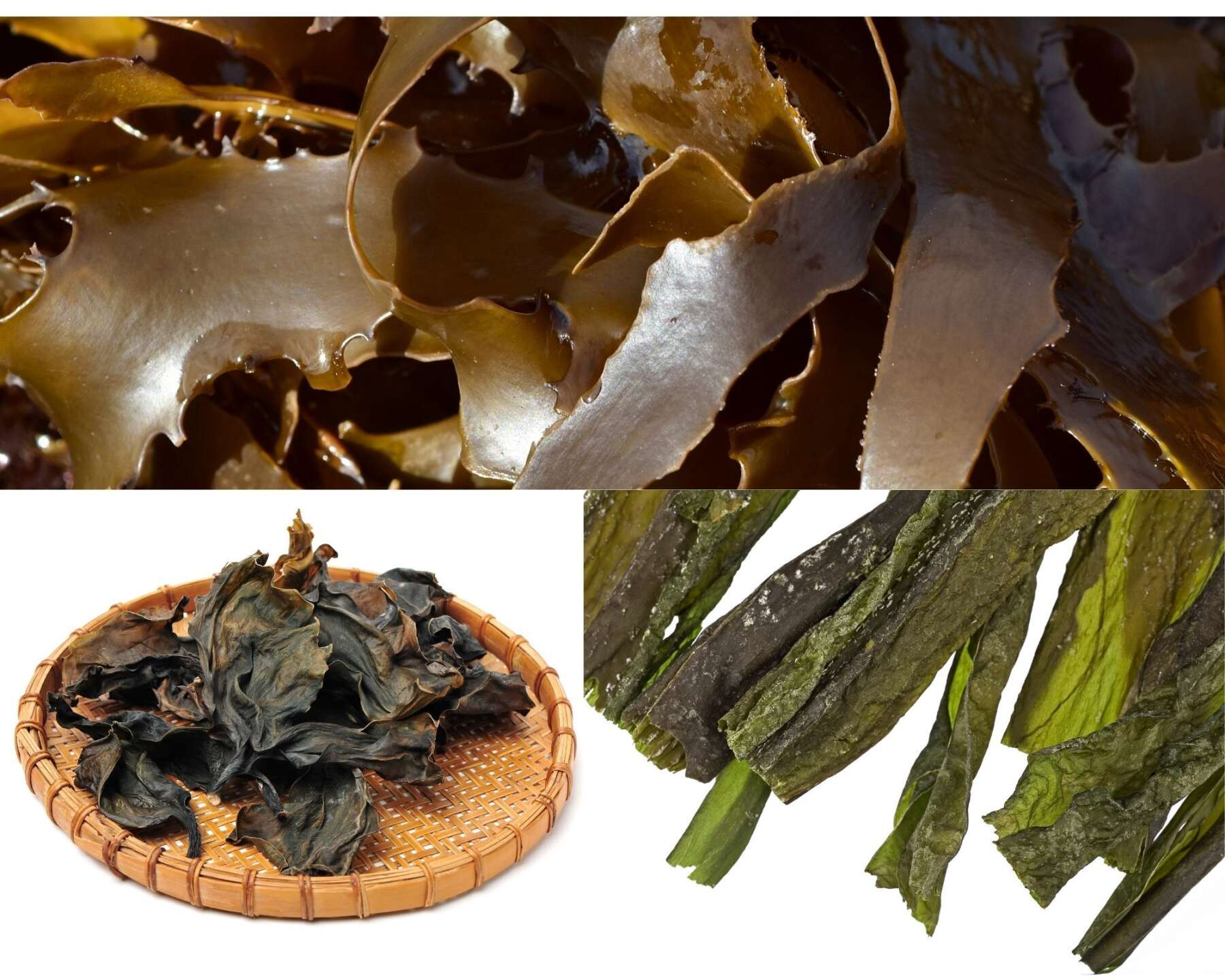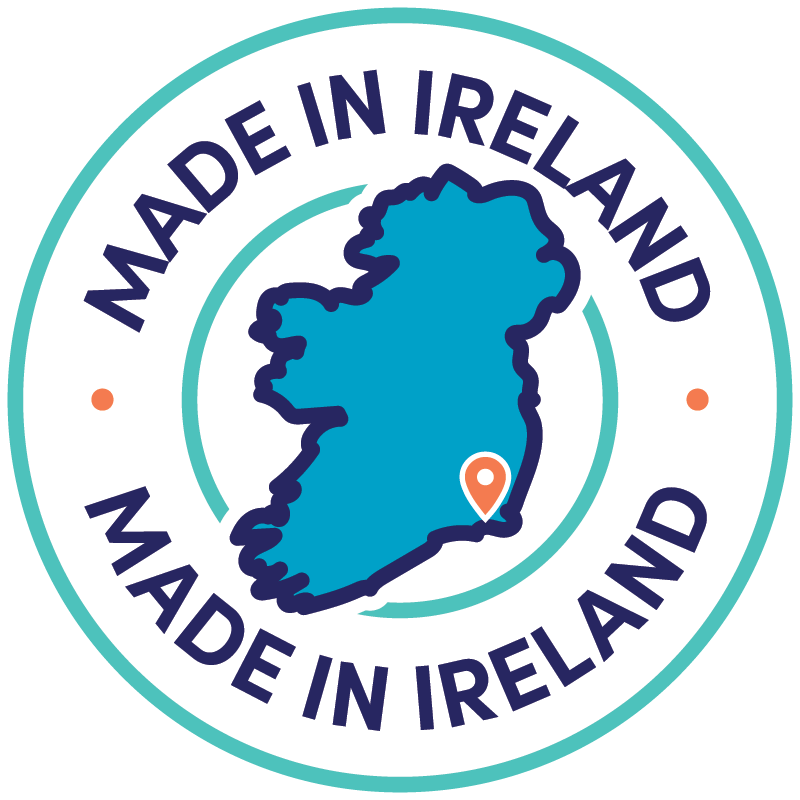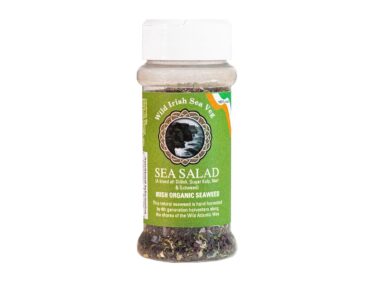
Sea Vegetables
So, while it seems that perhaps this is a new, modern superfood, seaweed has been used all over the world for thousands of years and has been a particularly prominent staple in Asian cuisines. Although every culture with coastal access throughout history has made culinary use of sea vegetation, even the Celts and Vikings would chew on dried dulse for sustenance. Sea vegetables also have a long history in ancient medicine, folklore, and farming.
There are numerous varieties of edible seaweed, one of the most common being nori, which is used to make sushi, as well as kombu (kelp), dulse, arame and wakame.
Kelp is readily available, known as Kombu in Asian countries, and you’ll generally find kelp on the shelves in its dried form. It can be soaked for a few minutes to make it pliable and edible or added to soups and stews. In granulated form it can be used in place of salt or as a mineral supplement to your food.
Anyone who’s familiar with sushi knows nori, it’s the mildest form of seaweed and generally comes in sheets or squares.
Sea vegetables are full of nutrients. Coming in a multitude of colours, textures, shapes and sizes, all types contain a rich supply of minerals, most prominently calcium, copper, iodine and iron. They are also rich in protein, fibre and vitamins, specifically vitamin K and folic acid, while being low in calories and fat.
Not only are these green superfoods good for your body they are good for the environment in that they are really easy to grow as they don’t require fresh water – their only needs being minerals from the sea, salt water and sunlight.
There are many easy ways to introduce Sea Vegetables into your everyday diet, cook your beans with kombi, snack on nori, enhance your smoothies with spirulina, add a dash of seaweed flakes to every meal, mix in kelp to stocks, soups, and stews, stir it into your salad dressing, toss together a seaweed salad. The possibilities are endless, so why not introduce Sea Vegetables to your diet.












